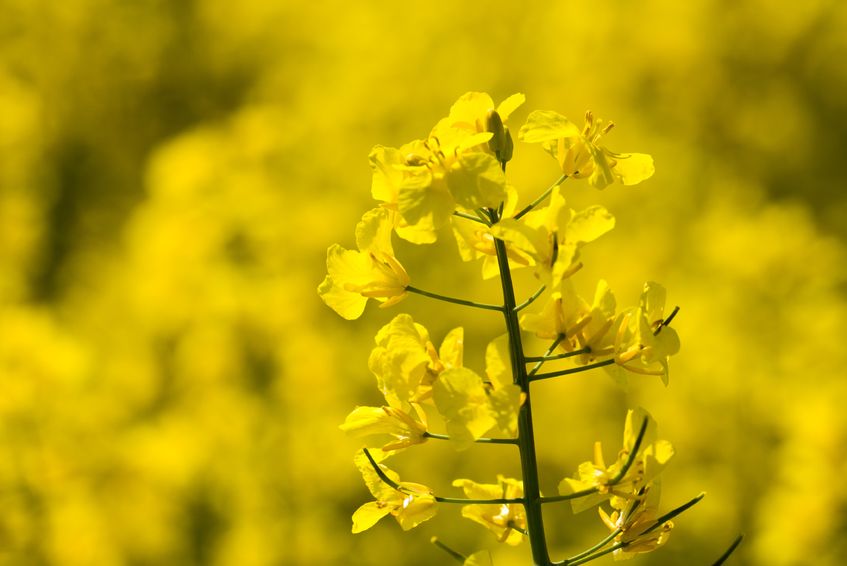
Farmers are seeing some of the worst oil seed rape crops they have ever seen this year.
Numbers of recorded cabbage stem flea beetles (CSFB) have increased greatly over the past few years.
Methods traditionally used by farmers to fight the pests are no longer having the same affect, as the beetle is becoming increasingly resistant to chemical sprays.
Keith Wells, who farms oil seed rape in East Yorkshire, said: "These are the worst crops of rape we’ve ever had."
Keith said that the problem had become “seriously worse” since the Euorpean Union banned the use of neonicotinoid treatments in 2013.
The problem is driving up the cost of growing oil seed rape, with farmers having to nearly double their seed rates to combat the problem.
In 2012 oil seed rape was worth £400 per tonne compared to today’s price of just over £250 per tonne.
Keith said that some farmers might “seriously question the viability” of growing the crop in the future.
Nearly impossible to grow without treatment
NFU crops board chairman Mike Hambly said: "We are very aware of the threat of flea beetle attack on oilseed rape crops being a widespread problem across the country.
"Neonicotinoid seed dressing has been an effective and targeted way of protecting crops from this.
"Without this treatment, growing one of the most important crops in the UK sustainably is becoming nearly impossible for many farmers and many are using older products which the pest is increasingly resistant to.
"We must see a timely response from Defra and CRD so we can move forward with the logistics of seed distribution if approved."
AHDB has issued a call for research to improve knowledge of the interactions between cabbage stem flea beetle (CSFB) and oilseed rape.
The call forms part of AHDB Cereals & Oilseeds programme of research to understand the impacts arising from the restriction on the use of neonicotinoid seed treatments.
